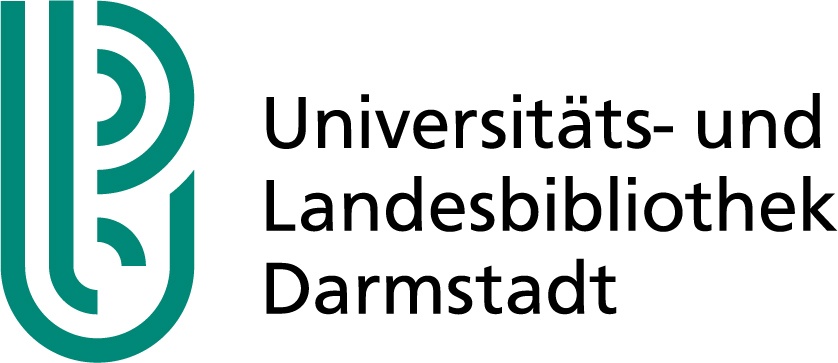Europawochen 30. April bis 31. Mai 2024
Die Europäische Union feiert jährlich am 9. Mai ihren Europatag. Seit vielen Jahren wird in Deutschland rund um diesen Tag die sogenannten Europawochen durchgeführt, um die Bürgerinnen und Bürger über Europa zu informieren und zu konstruktiven Auseinandersetzungen mit europapolitischen Themen anzuregen. Bei den diesjährigen Europawochen steht die Europawahl (6. bis 9. Juni 2024) besonders im Fokus.
Webseite zum Europatag 2024 beim Europäischen Parlament
Veranstaltungen und Aktionen in den Europawochen
Wo können Sie mitmachen, sich informieren und Ihre Meinung einbringen:
Hessen
Europawochen in Hessen
Deutschland
Aktivitäten rund um den Europatag in Deutschland
Europaweit
Veranstaltungen der EU-Institutionen
Hintergrund:
Am 9. Mai 1950 präsentierte der französische Außenminister Robert Schuman in seiner historischen Rede die Grundidee einer vertieften europäischen Zusammenarbeit, ein Projekt, um die Völker Europas zusammen zu bringen und dauerhaft Frieden und Demokratie zu sichern. Die auf seinen Vorschlag beruhende „Europäische Gemeinschaft für Kohle und Stahl“ war die Grundlage der heutigen Europäischen Union.


















